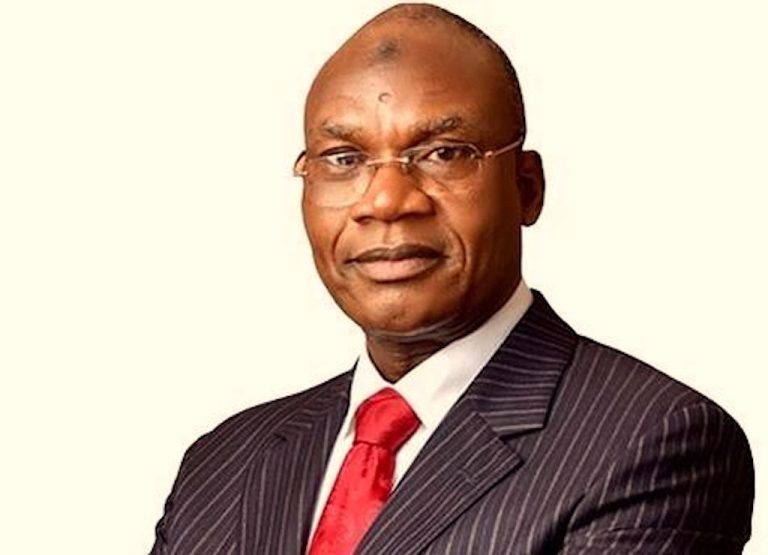News
FG Forms A Committee To Address Fraudulent Degrees.

An interministerial committee was established on Tuesday by the Federal Ministry of Education on behalf of the Federal Government to address the degree scandal.
Ben Goong, the ministry’s director of press and public relations, informed journalists in Abuja of this in a notice.
“Education Minister, Prof.Tahir Mamman, will this afternoon, inaugurate an inter-ministerial committee on degree mills,” Goong said.
Recall that there were discussions on fake degrees in the country, following an investigative report by a reporter, Umar Audu, with the Daily Nigerian newspaper on the activities of degree mills in Benin Republic and Togo.
The reporter revealed how he obtained a degree within six weeks and even proceeded to embark on mandatory youth service under the National Youth Service Corps scheme.
Audu, who reached out to the syndicate that specialises in selling degree certificates in December 2022, graduated in February 2023 and was issued a Bachelor of Science in Mass Communication certificate from the Ecole Superieure de Gestion et de Technologies, Cotonou, Benin Republic.
The report which exposed the illegalities perpetrated by some tertiary institutions in the West African states led to the Nigerian government imposing a ban on the accreditation and evaluation of degrees from Benin Republic and Togo.
Mamman later said that President Bola Tinubu’s administration would further extend its searchlight to institutions in other African countries such as Ghana.
So far, no fewer than 10,900 Nigerian students studying in Beninois and Togolese universities are expected to be affected by the Nigerian government ban, according to statistics provided by the National Association of Nigerian Students in Benin Republic and Togo.
Furthermore, no fewer than eighteen of the fifty-eight universities in Nigeria whose operations have been suspended are foreign-owned, according to the National Universities Commission, the country’s regulatory body for higher education.






